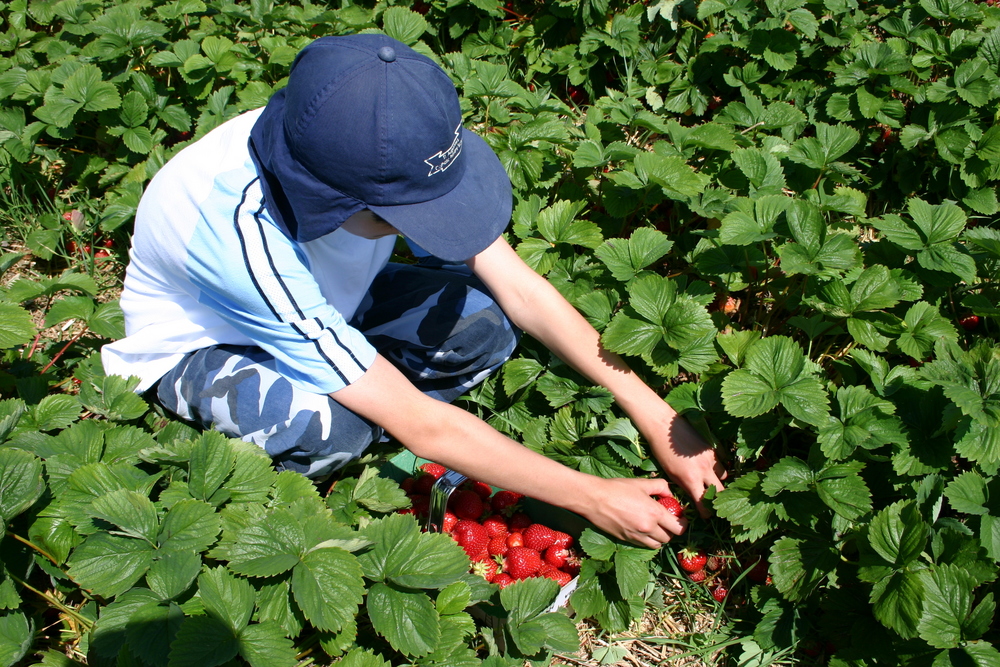
The UK’s decision to leave the EU has created a period of uncertainty for farmers and an area of key concern is what this means for EU farm workers and the farmers who employ them. Lisa Mulholland, a solicitor in Stephens Scown LLP’s Employment and Immigration Team, outlines the key issues.
The NFU estimates that by 2021 the farming industry in the UK will require 90,000 seasonal workers and 250,000 permanent workers. It also reports that currently more than three quarters of farm workers come from EU countries.
EU farm workers immigration status
Despite the current uncertainty over Brexit negotiations, it seems likely that the UK will exercise greater control over immigration in the future. This might mean that EU nationals working in the UK may lose their automatic rights to travel and work freely throughout the EU following Brexit. This will clearly have an impact on many farming businesses that currently rely on EU workers.
We recommend these steps which can be taken now in preparation for the uncertain times ahead:
• Identify all EU nationals working for you. This will help you anticipate potential labour shortages which could arise as a result of Brexit.
• Remember to continue to check the immigration status of all members of staff before they start their employment. Failure to do so runs the risk of large civil penalties of up to £20,000 per illegal worker, as well as the potential for criminal sanctions.
• You might want to encourage eligible EU employees to apply for documents certifying their permanent residence in the UK. This would avoid any immigration restrictions which might arise as a result of Brexit negotiations. This will also potentially open up the door for such individuals to apply for British citizenship.
It is important to remember that checks should be carried out on all staff, rather than focusing action on certain individuals based on aspects such as their appearance or perceived nationality. This will help avoid any potential claims of race discrimination.
Currently more than three quarters of farm workers come from EU countries
In July 2017 the Home Office issued a policy document detailing the proposals for EU nationals in the UK post Brexit. This document suggests that qualifying EU citizens will have to apply for ‘settled status’ in the UK (under domestic law), if they have completed a period of five years continuous residence as a qualified person. Those EU citizens who are resident before the ‘specified date’ but have not completed a period of five years continuous residence in the UK will be able to apply for temporary status until they have acquired the five years, after which
they will be able to apply for ‘settled status’.
Those EU citizens who arrived after the ‘specified date’ will be allowed to remain in the UK for a temporary period and may become eligible to settle there permanently depending on their circumstances. There is no guidance on what circumstances would be considered. It must be noted that there is no clear indication at this point what the ‘specified date’ will be. However, the proposals state that it will be no earlier than 29 March 2017 and no later than the date of the UK’s exit from the EU, which must currently take effect by 29 March 2019.
It must be noted that these are merely proposals at the moment. However, it is clear that all EU citizens in the UK, regardless of when they arrived, will be required to obtain immigration status in UK law.
Staffing gaps
Brexit might make it more challenging for you to recruit and retain staff, particularly if you employ high numbers of EU nationals for seasonal work. We recommend that you consider the impact which Brexit might have on recruitment and think about how you could fill any gaps.
Some commentators are anticipating that farming will be able to draw on a local labour force to fill skills gaps and it will be important to show young people that farming is a viable option for them.
Another potential to consider is the greater use of technology on farms. For farmers who are unable to invest in technology alone, collaborative options like a machinery ring, where three or more farms jointly own or lease machinery could be an option.
Farming has shown again and again how adaptable and resilient it can be to challenges, often turning them into opportunities. With the right planning in place and appropriate support from the UK Government, it is hoped that farming will be able to thrive in a post-Brexit era.
Lisa Mulholland is a solicitor in the immigration team at Stephens Scown. For advice on how Brexit will impact on you as an employer or employee or if you have a question about immigration, please contact Stephens Scown: employment@stephens-scown.co.uk or 01392 2100700 or via www.stephens-scown.co.uk
This article was first published in our rural newsletter Newslink. Click here to join the mailing list
